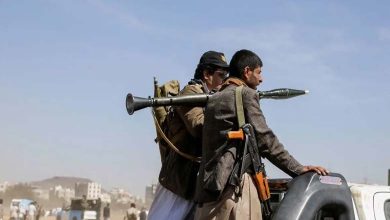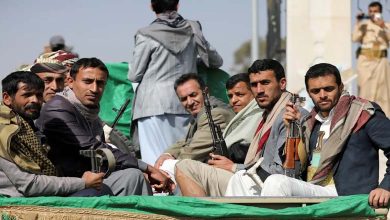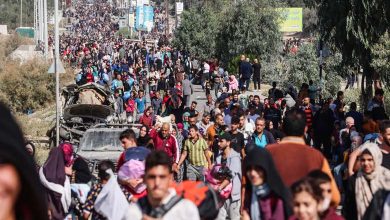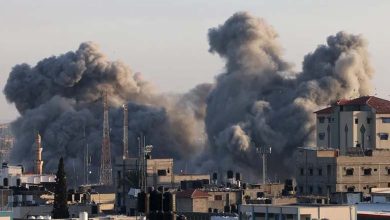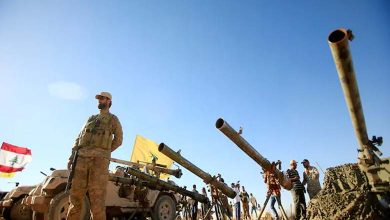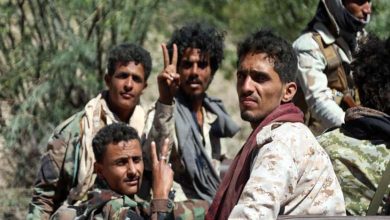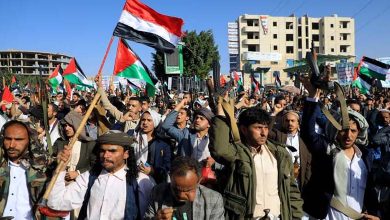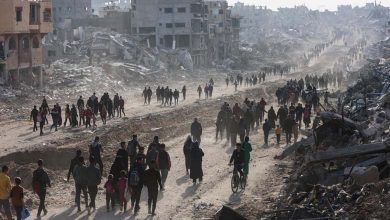Suffering of Returning Southerners… Lebanon’s Homes Destroyed Due to Bombings
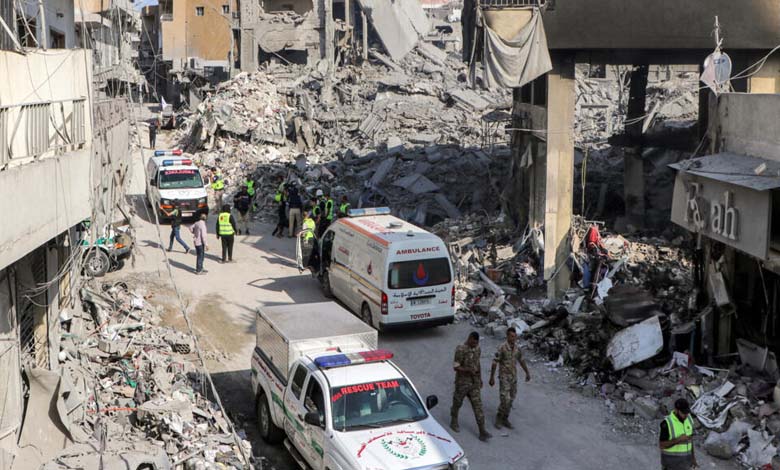
Two months after intense Israeli bombardments in southern Lebanon and parts of Beirut, the situation on the ground is shifting with many displaced people returning to their homes under the recently declared ceasefire between Israel and Hezbollah. This return comes amidst deep suffering due to the scale of destruction left by airstrikes and rocket fire, as the infrastructure has been widely destroyed, hundreds of homes demolished, and vital institutions that provided essential services to the population have been damaged.
-
Israel and Hezbollah: Is Confrontation Inevitable?
-
Israel and Hezbollah… 6 Months of “Measured Tension”
A large number of displaced people, who were forced to seek refuge in northern and central Lebanon in search of safety, are now beginning to return, but the challenges they face are severe. Many found their homes completely destroyed or uninhabitable. Entire families now live in tents or temporary shelters, while facing a severe shortage of basic resources such as water, electricity, and food.
Presence of the Lebanese Army
The Lebanese army and United Nations forces have reinforced their deployment in southern Lebanon, just hours after the ceasefire agreement with Israel came into effect. Meanwhile, international calls have intensified for a similar agreement in Gaza.
-
Will limited clashes between Israel and Hezbollah lead to a widespread war? Latest developments
-
“Sleeping Cells” in Europe and America: Hezbollah’s “Specter” of Retaliation against Israel
The return of Lebanese displaced persons and Hezbollah’s withdrawal beyond the Litani River constitutes the greatest test of the agreement. The Lebanese government has approved the ceasefire terms outlined in the joint American-French statement, emphasizing that the Lebanese army is the security authority in southern Lebanon.
Lebanese Parliament Speaker Nabih Berri urged the displaced to return immediately to their homes, even if it means living among the rubble, in a clear challenge to the Israelis, who insist on delaying the return of the population, especially to the area south of the Litani River, where Israeli soldiers fired into the air to intimidate southerners from returning to their villages.
-
Maher Al-Assad Abandons Hezbollah to Avoid Israeli Strikes
-
One of them was a missile system commander… Israel kills Hezbollah leaders
Warnings to the Population
The Israeli army also detained four Lebanese nationals, accusing them of attempting to head to villages under its control. The Israeli military issued a warning preventing people from moving from north to south of the Litani River between 5 PM and 7 AM each day. The Israeli army stated it does not intend to reduce the size of its forces currently deployed in Lebanon and has decided to maintain all troops currently stationed in southern Lebanon, without transferring them to Gaza or withdrawing them to Israeli sites.
Suffering of Children in Lebanon after the War
Children are the most affected group in this context. Schools in the south were bombed, causing the halt of education for thousands of students.
-
Gaza Setback and the Success of Israeli Spies: An Analysis of Hezbollah Infiltration
-
Heaviest escalation between Hezbollah and Israel puts Lebanon on the brink of war
Additionally, many hospitals and healthcare facilities were either destroyed or became unable to provide services due to a shortage of medications and medical staff. This reality adds to the burdens of returning families, who face daily challenges ranging from securing temporary shelter to finding a way to resume normal life.
Humanitarian efforts, whether by local or international organizations, face significant difficulties in responding to the needs of the population. Destroyed roads and difficulty accessing some of the affected areas hinder relief operations. However, some organizations are working to provide emergency aid, including food and essential goods. But these efforts remain insufficient given the magnitude of the humanitarian disaster.
-
Crisis Between Defense Minister and Army Chief Amid Heightened Tensions Between Hezbollah and Israel
-
Violent Clashes Between Hezbollah and Israel Amid Preparations for Total War in Southern Lebanon
Lebanese political analyst Tony Habib stated that the return of displaced persons to southern Lebanon after the ceasefire between Israel and Hezbollah reflects the scale of the humanitarian tragedy endured by the population during the past two months of intense bombings. He added: “The destruction caused by this conflict is not just material, but also extends to the social and psychological disintegration that returnees are experiencing, as they face the tragic sight of their homes, schools, and farms.”
Habib clarified that the ceasefire represents an important opportunity to begin reconstruction, but stressed that achieving lasting stability requires serious political efforts to prevent further confrontations. He concluded: “The displaced need more than just emergency humanitarian aid; they need guarantees against the repetition of what happened, and comprehensive plans to rebuild their lives and their future.”


